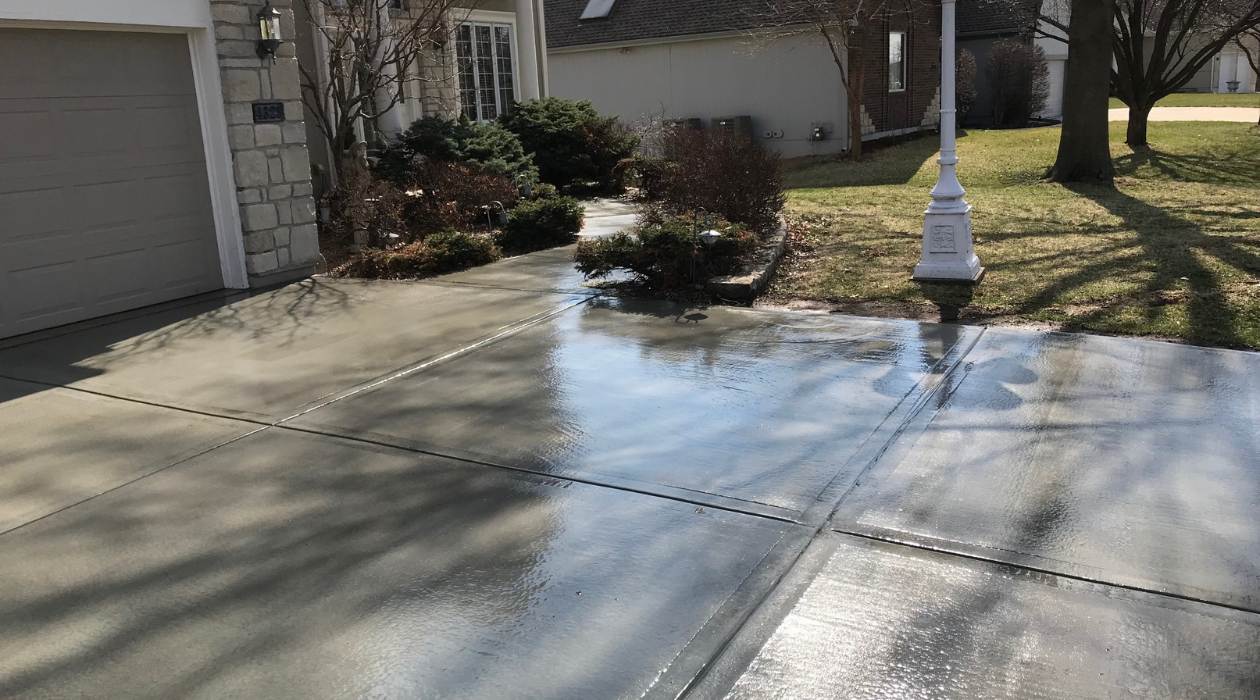

Articles
How Often To Seal Concrete Driveway
Modified: February 23, 2024
Discover the best ways to seal your concrete driveway with our informative articles. Find out how often to seal and extend the life of your driveway.
(Many of the links in this article redirect to a specific reviewed product. Your purchase of these products through affiliate links helps to generate commission for Storables.com, at no extra cost. Learn more)
Introduction
Concrete driveways are a common feature of many residential and commercial properties. They offer durability and a clean, polished look that can enhance the curb appeal of any property. However, like any outdoor surface, concrete driveways are subject to the elements and wear and tear over time. This is where concrete driveway sealing comes into play.
Sealing a concrete driveway is a vital step in maintaining its longevity and appearance. It acts as a protective barrier, preventing water, oil, and other substances from penetrating the surface and causing damage. Additionally, sealing enhances the color and sheen of the concrete, making it look fresh and new.
But how often should you seal your concrete driveway? The frequency of sealing depends on several factors, including the climate, usage, and condition of the driveway. By understanding these factors, you can make an informed decision and ensure that your concrete driveway remains in pristine condition for years to come.
Key Takeaways:
- Regularly seal your concrete driveway every 2-3 years, considering climate, traffic, and usage. This proactive maintenance protects against damage and extends the lifespan of your driveway, saving you from costly repairs.
- Assess signs like cracks, discoloration, and erosion to determine when to seal your driveway. Following a step-by-step sealing process ensures protection against stains, moisture, and weather damage, preserving your driveway’s integrity.
Read more: How Often Should Asphalt Driveway Be Sealed
Understanding Concrete Driveways
Concrete driveways are made of a mixture of cement, water, and aggregates such as sand, gravel, or crushed stone. This combination forms a solid surface that is durable and able to withstand heavy loads and regular vehicle traffic. Concrete driveways are known for their long lifespan and low maintenance requirements.
When properly installed and maintained, a concrete driveway can last for decades. However, it is important to understand that concrete is not completely impervious to damage. It can be affected by factors such as extreme temperatures, freeze-thaw cycles, chemical spills, and heavy vehicles. Over time, these factors can lead to cracks, discoloration, and surface deterioration.
To mitigate these issues, regular maintenance and sealing are essential. Concrete driveway sealing helps protect the surface from moisture and chemicals, preventing them from seeping into the concrete and causing damage. It also enhances the concrete’s ability to resist stains and makes it easier to clean.
Sealing is particularly important for areas with harsh climates, as extreme heat, cold, and moisture can accelerate the deterioration of concrete driveways. Additionally, driveways that are heavily used or exposed to heavy vehicles, such as delivery trucks or RVs, may require more frequent sealing to ensure their longevity.
By understanding the nature of concrete driveways and the challenges they face, you can make informed decisions about their maintenance and ensure that they remain in optimal condition for years to come.
Importance of Sealing Concrete Driveways
Sealing a concrete driveway is not just a cosmetic enhancement; it is a crucial step in preserving and protecting the longevity of the surface. Here are some key reasons why sealing your concrete driveway is important:
- Protection Against Moisture: One of the primary benefits of sealing a concrete driveway is to protect it from moisture. Water can infiltrate the concrete, leading to cracks and structural damage. Sealing creates a barrier that prevents water from penetrating the surface, thus extending the life of your driveway.
- Prevention of Stains and Discoloration: Sealing provides an added layer of protection against stains from oil, grease, and other substances. Without sealing, these materials can permeate the concrete, causing unsightly stains that are difficult to remove. Sealed driveways are easier to clean and maintain, keeping them looking fresh and new.
- Resistance to Freeze-Thaw Damage: In regions with freezing temperatures, water can seep into the concrete and expand when it freezes, leading to cracks and surface damage. Sealing your driveway reduces the risk of freeze-thaw damage by preventing water infiltration, ensuring that your driveway can withstand harsh winter conditions.
- Enhanced Durability: Sealing provides a protective layer that strengthens the surface of your concrete driveway. It helps to prevent abrasion and wear from regular vehicle traffic, reducing the likelihood of cracks, pitting, and other signs of deterioration.
- Improvement of Curb Appeal: A well-maintained and sealed concrete driveway adds to the overall aesthetic appeal of your property. It gives a fresh and polished look, enhancing the curb appeal and potentially increasing the value of your home.
By sealing your concrete driveway, you are investing in its long-term durability and enhancing its visual appeal. It is a cost-effective preventive measure that protects your driveway from damage caused by moisture, stains, freezing temperatures, and regular wear and tear. Regular sealing extends the lifespan of your driveway, saving you the cost and hassle of repairs and replacements down the line.
Factors Influencing Sealing Frequency
The frequency at which you should seal your concrete driveway depends on various factors. Understanding these factors will help you determine the appropriate sealing schedule for your specific situation. Here are some key factors that influence sealing frequency:
- Climate: The climate in which you live plays a significant role in how often you should seal your concrete driveway. In regions with extreme temperature fluctuations, frequent freeze-thaw cycles, or high levels of humidity, the concrete is more susceptible to damage. As a general rule, areas with harsher climates may require more frequent sealing to protect against these weather-related issues.
- Traffic and Usage: The amount of traffic and usage your driveway experiences also affects the sealing frequency. Driveways that have heavy vehicle traffic, such as commercial properties or homes with multiple vehicles, will require more regular sealing to withstand the increased wear and tear.
- Exposure to Chemicals: If your concrete driveway is regularly exposed to chemicals, such as oil, gasoline, or de-icing agents, it may require more frequent sealing to prevent staining and damage. These substances can penetrate the surface of the concrete and compromise its integrity.
- Driveway Age and Condition: The age and condition of your driveway can influence the sealing frequency. Newly installed driveways typically require an initial sealant and may need to be resealed more frequently in the first few years. Older driveways that show signs of wear and deterioration may also benefit from more regular sealing to prevent further damage.
- Prior Maintenance and Sealing: If you have been consistently maintaining and sealing your driveway, it may require less frequent sealing. Proper and timely maintenance can help prolong the lifespan of the driveway and reduce the need for frequent resealing.
It is important to assess these factors and consider the specific conditions of your concrete driveway. Consulting with a professional or a reputable concrete contractor can provide valuable insight into the optimal sealing frequency for your unique circumstances.
Ultimately, the goal is to establish a regular maintenance routine that includes periodic inspection and sealing as needed. This proactive approach will ensure that your concrete driveway remains protected and in good condition for years to come.
Climate Considerations
The climate in which you reside is a crucial factor to consider when determining the frequency of sealing your concrete driveway. Different weather conditions can have a significant impact on the durability and longevity of your driveway. Here are some climate considerations to keep in mind:
- Freeze-Thaw Cycles: If you live in an area with frequent freeze-thaw cycles, your concrete driveway is more susceptible to damage. When water seeps into the pores of the concrete and freezes, it expands and can cause cracks and surface deterioration. Sealing your driveway in these climates is essential to prevent water infiltration and protect against freeze-thaw damage.
- Extreme Temperatures: Both extreme heat and cold can affect the integrity of concrete. In hot climates, the expansion and contraction of the concrete due to temperature fluctuations can lead to cracks and surface damage. Similarly, in cold climates, freezing temperatures can cause the concrete to become brittle and prone to cracking. Sealing your driveway helps to create a protective barrier against the elements and minimize the impact of temperature extremes.
- High Humidity: Areas with high levels of humidity can promote the growth of mold and mildew on concrete surfaces. Sealing your driveway helps to inhibit the growth of these microorganisms and prevents moisture from seeping into the concrete, reducing the risk of stains, discoloration, and surface deterioration.
- UV Exposure: If your concrete driveway is constantly exposed to direct sunlight, UV rays can cause the surface to fade and become discolored over time. Sealing not only protects against UV damage but also enhances the color and sheen of the concrete, keeping it looking vibrant and fresh.
Considering the climate in which you live is essential for determining the optimal sealing frequency for your concrete driveway. It is recommended to consult with a local professional who understands the specific challenges posed by your climate. They can provide valuable insights and recommend the best sealing products and techniques for your region.
By taking climate considerations into account, you can ensure that your concrete driveway remains protected and maintains its structural integrity, even in the face of challenging weather conditions.
Seal your concrete driveway every 1-3 years to protect it from water, oil, and other stains, as well as to prevent cracking and fading.
Traffic and Usage Impact
The amount of traffic and usage your concrete driveway endures is a significant factor that influences the frequency of sealing. Consider the following factors when assessing the impact of traffic and usage on your driveway:
- Vehicle Weight: Heavier vehicles, such as SUVs, trucks, or recreational vehicles, exert more pressure on the concrete surface. Frequent parking or driving of heavy vehicles on your driveway can lead to premature wear and tear, including cracks and surface damage. If your driveway regularly accommodates heavy vehicles, it may require more frequent sealing to ensure its durability.
- Frequency of Use: If you use your driveway multiple times a day, it is more susceptible to wear and deterioration. The constant traffic can cause abrasion and gradually weaken the concrete surface. Regular sealing can add an extra layer of protection and strengthen the driveway against the impact of frequent use.
- Parking Patterns: Pay attention to where vehicles are typically parked on your driveway. If cars are consistently parked in the same spots, areas under the wheels may experience more pressure and friction, resulting in faster surface deterioration. By redistributing parking positions periodically or utilizing parking pads, you can mitigate the impact on specific areas and prolong the lifespan of your driveway.
- Commercial Use: Concrete driveways in commercial settings, such as retail stores or office complexes, often experience high volumes of vehicle traffic. Delivery trucks, service vehicles, and customer parking can subject the concrete to increased stress and damage. Commercial driveways may require more frequent sealing to withstand the heavier use and maintain their structural integrity.
Regularly assessing the traffic and usage impact on your concrete driveway allows you to determine the appropriate sealing frequency. If you notice signs of wear, such as cracks, surface erosion, or pitting, it may be an indication that your driveway requires sealing sooner to prevent further damage. Consulting with a professional concrete contractor can provide valuable insights and recommendations specific to your usage patterns and any specific concerns you may have.
By considering the traffic and usage impact on your concrete driveway, you can optimize its durability and ensure that it remains in top condition, even with heavy vehicle use and regular traffic.
Signs that Your Driveway Needs Sealing
Regularly assessing the condition of your concrete driveway is essential to determine when it needs to be sealed. Here are some signs that indicate it’s time to consider sealing your driveway:
- Visible Cracks: Cracks are one of the most obvious signs that your driveway needs sealing. Small hairline cracks or larger cracks can develop over time, especially in areas with freeze-thaw cycles or heavy vehicle traffic. Sealing can help prevent further cracking and extend the life of your driveway.
- Surface Discoloration: If you notice areas of your driveway that appear faded, discolored, or have lost their original sheen, it may be a sign that the surface needs sealing. Sealing can rejuvenate the color and enhance the visual appeal of the concrete.
- Pitting and Erosion: Over time, exposure to the elements and regular use can cause the surface of the concrete to become rough, pitted, or eroded. Sealing helps to fill in these imperfections and create a smoother, more even surface.
- Stains and Spills: If your driveway is susceptible to stains from oil, grease, fertilizer, or other substances, it may be a sign that the surface needs sealing. Sealing creates a protective barrier that prevents these materials from penetrating the concrete and causing unsightly stains.
- Water Absorption: Conduct a simple water test to determine if your driveway is in need of sealing. Sprinkle some water on the surface; if it absorbs quickly and darkens the concrete, rather than beading up and sitting on the surface, it indicates that the driveway is porous and requires sealing.
- Loss of Texture: If the texture of your driveway has become rough or uneven, it may be an indication that the surface needs sealing. Sealing can restore the smoothness and uniformity of the concrete, providing a safer and more pleasant driving and walking experience.
It’s important to note that these signs may vary depending on the age, condition, and usage of your concrete driveway. Conduct regular inspections and address any issues promptly to prevent further damage and costly repairs.
If you notice any of these signs, it’s recommended to consult with a professional or a reputable concrete contractor. They can assess the condition of your driveway and recommend the appropriate sealing products and techniques to restore and protect the surface.
By keeping a watchful eye for these signs, you can ensure that your driveway remains in optimal condition and take proactive measures to extend its lifespan.
How Often to Seal a Concrete Driveway
The frequency at which you should seal your concrete driveway depends on several factors, including climate, traffic, usage, and the condition of the driveway. While there is no one-size-fits-all answer, here are some general guidelines to help you determine how often to seal your concrete driveway:
- Newly Installed Driveways: If your driveway is newly installed, it is recommended to wait at least 28 days before applying a sealant. The concrete needs time to cure and reach its optimal strength. After this initial waiting period, consider sealing the driveway as part of its early maintenance routine. Repeat the sealing process every 1-2 years for the first few years to establish a strong protective barrier.
- Climate Considerations: Consider the climate in which you live. In regions with harsher climates, such as areas with frequent freeze-thaw cycles, extreme temperatures, or high humidity, it may be necessary to seal your driveway more frequently. Sealing every 2-3 years or even annually can help protect the concrete from weather-related damage.
- Traffic and Usage: The amount of traffic and usage your driveway experiences is a key factor in determining sealing frequency. Driveways that have heavy vehicle traffic or heavy loads may require more frequent sealing to withstand the increased stress. Consider sealing every 2-3 years or as needed if you notice signs of wear or deterioration.
- Condition and Maintenance: Regular maintenance and upkeep can help extend the life of your driveway and reduce the need for frequent sealing. If you have been consistently maintaining your driveway by cleaning it regularly, addressing stains and spills promptly, and performing necessary repairs, you may be able to extend the sealing interval to every 3-4 years.
It’s important to note that these guidelines are not set in stone, and the specific needs of your driveway may vary. Regularly inspect your driveway for signs of wear, such as cracks, discoloration, or erosion, and address them promptly. Consider consulting with a professional or a reputable concrete contractor who can provide personalized recommendations based on your unique circumstances.
Remember that prevention is key when it comes to maintaining your concrete driveway. Regularly sealing it at the appropriate intervals helps protect against damage and extends its lifespan, saving you the cost and hassle of repairs or replacement down the line.
Step-by-Step Guide to Sealing a Concrete Driveway
Sealing your concrete driveway is a straightforward process that can be completed with a few essential tools and materials. Follow this step-by-step guide to ensure a successful sealing process:
- Clean the Driveway: Start by thoroughly cleaning the driveway to remove any dirt, debris, stains, or mildew. Use a broom or leaf blower to sweep away loose particles and rinse the surface with a garden hose. For stubborn stains, you may need to use a concrete cleaner or degreaser. Allow the driveway to dry completely before proceeding.
- Repair Any Damages: Inspect the driveway for any cracks, potholes, or other damages. Use a concrete patching compound to fill in any cracks and smooth it out with a trowel. Allow the patch to cure according to the manufacturer’s instructions before moving on.
- Apply a Concrete Sealer: Choose a high-quality concrete sealer specifically designed for driveways. Read and follow the instructions on the sealer label carefully. Start by applying the sealer to the edges of the driveway using a brush or roller. Then, work in small sections, applying an even coat of sealer using a long-handled roller or sprayer. Make sure to overlap each section to ensure full coverage. Follow the recommended drying time before applying additional coats, if necessary.
- Keep Traffic Off the Driveway: After applying the sealer, ensure that no vehicles or foot traffic enters the driveway until it is fully cured. This typically takes 24-48 hours, but refer to the specific product’s instructions for accurate drying times.
- Maintain the Sealed Driveway: To prolong the effectiveness of the sealant, avoid using harsh chemical cleaners that may erode the sealer. Regularly sweep away debris and rinse the driveway with water as needed. If the driveway starts to show signs of wear or loss of protection, consider resealing it to maintain its durability.
It’s important to note that specific products and techniques may vary, so always refer to the instructions provided by the manufacturer of the concrete sealer. Additionally, consider wearing protective gloves, goggles, and a mask during the sealing process to protect yourself from any potential chemical exposure.
Sealing your concrete driveway not only enhances its appearance but also adds a layer of protection against stains, moisture, and weather damage. By following these steps and performing regular maintenance, you can ensure that your driveway remains in optimal condition and extends its lifespan.
Read more: How Often Do You Seal Your Driveway
Conclusion
Sealing a concrete driveway is a vital step in maintaining its longevity, protecting it from damage, and enhancing its overall appearance. By understanding the factors that influence sealing frequency, such as climate, traffic and usage, and the condition of the driveway, you can make informed decisions about when and how often to seal your concrete driveway.
Climate considerations, such as freeze-thaw cycles, extreme temperatures, and high humidity, play a significant role in determining the frequency of sealing. Harsher climates often require more frequent sealing to protect against weather-related damage.
The amount of traffic and usage your driveway experiences is another important factor to consider. Driveways with heavy vehicle traffic or constant use may require more regular sealing to withstand the increased stress and wear and tear.
Regular inspection of your driveway for signs such as cracks, discoloration, stains, or surface erosion is essential. These signs indicate that it’s time to consider sealing your driveway to prevent further damage and maintain its structural integrity.
When it comes to the actual sealing process, following a step-by-step guide that includes cleaning the driveway, repairing any damages, and applying a concrete sealer will ensure a successful outcome. It’s important to use high-quality sealants designed specifically for driveways and follow the manufacturer’s instructions for application and drying times.
In conclusion, sealing your concrete driveway is a proactive measure that protects your investment and ensures its longevity. By understanding the factors that influence sealing frequency and following proper maintenance and sealing practices, you can keep your concrete driveway in optimal condition, enhance its curb appeal, and avoid costly repairs in the future.
Frequently Asked Questions about How Often To Seal Concrete Driveway
Was this page helpful?
At Storables.com, we guarantee accurate and reliable information. Our content, validated by Expert Board Contributors, is crafted following stringent Editorial Policies. We're committed to providing you with well-researched, expert-backed insights for all your informational needs.
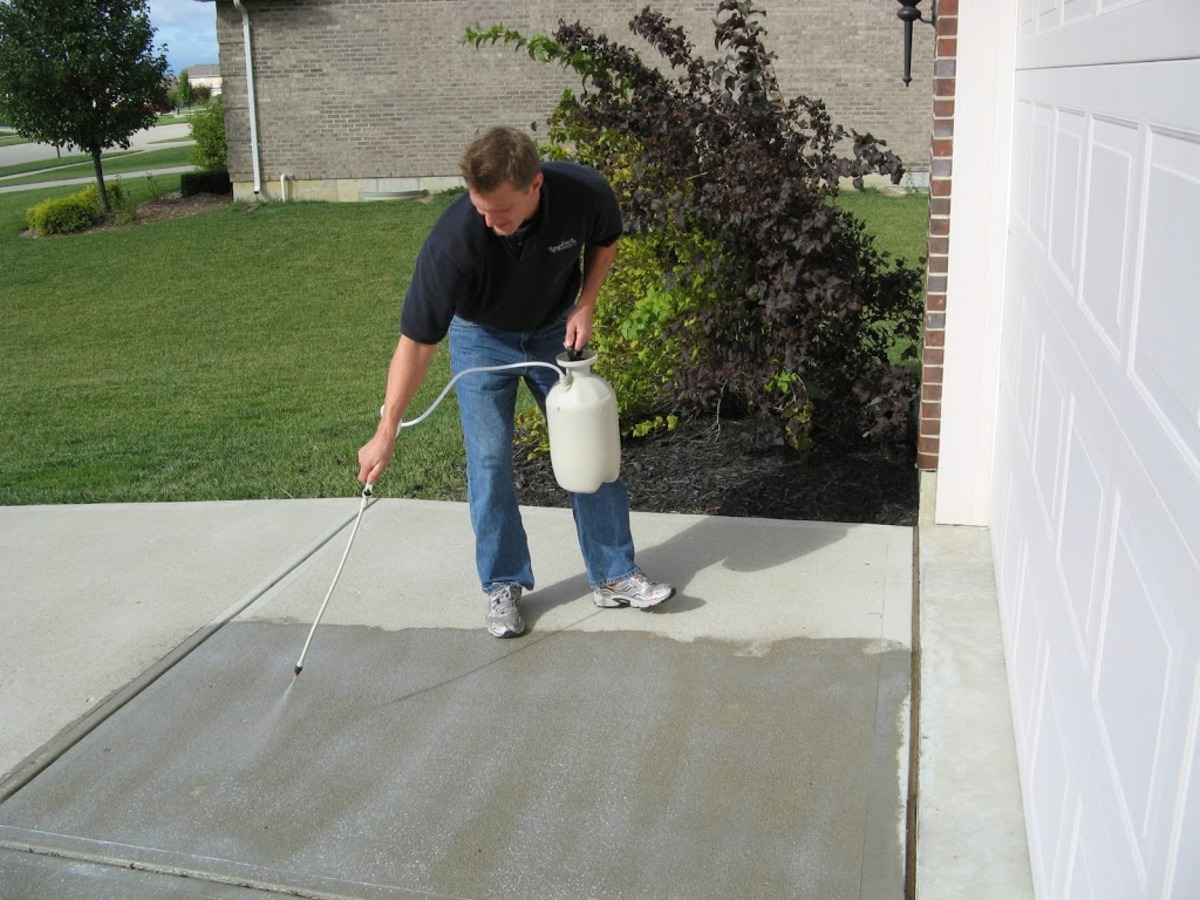
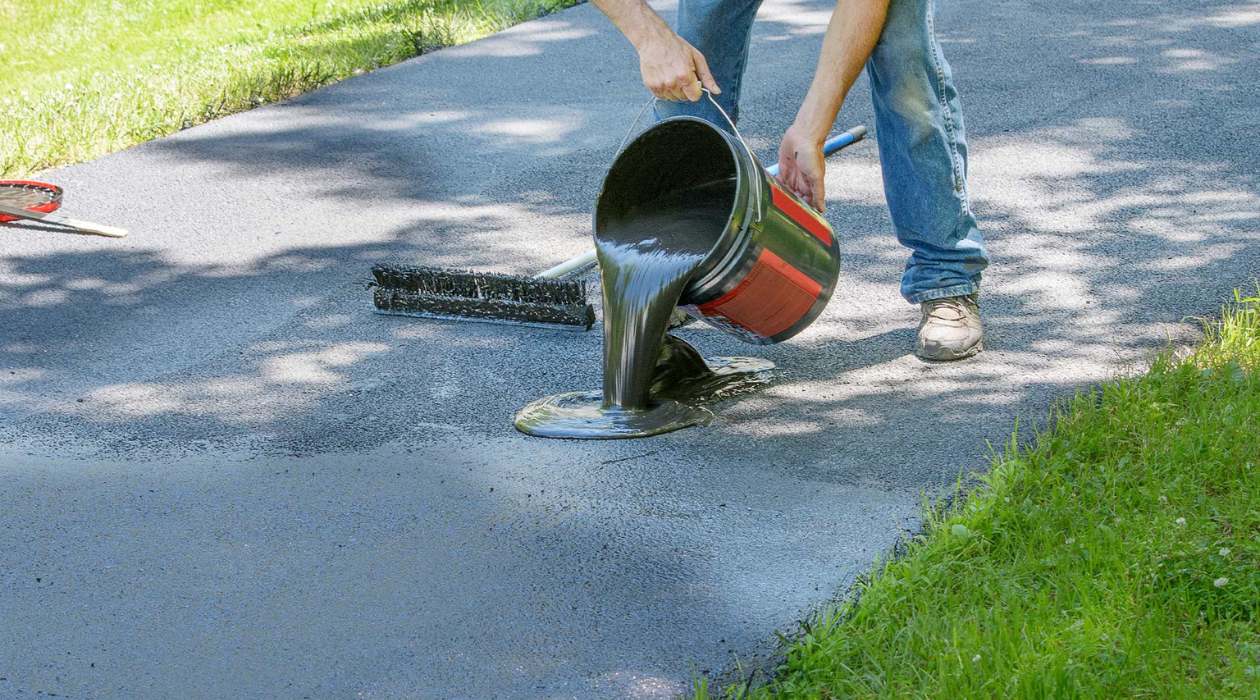
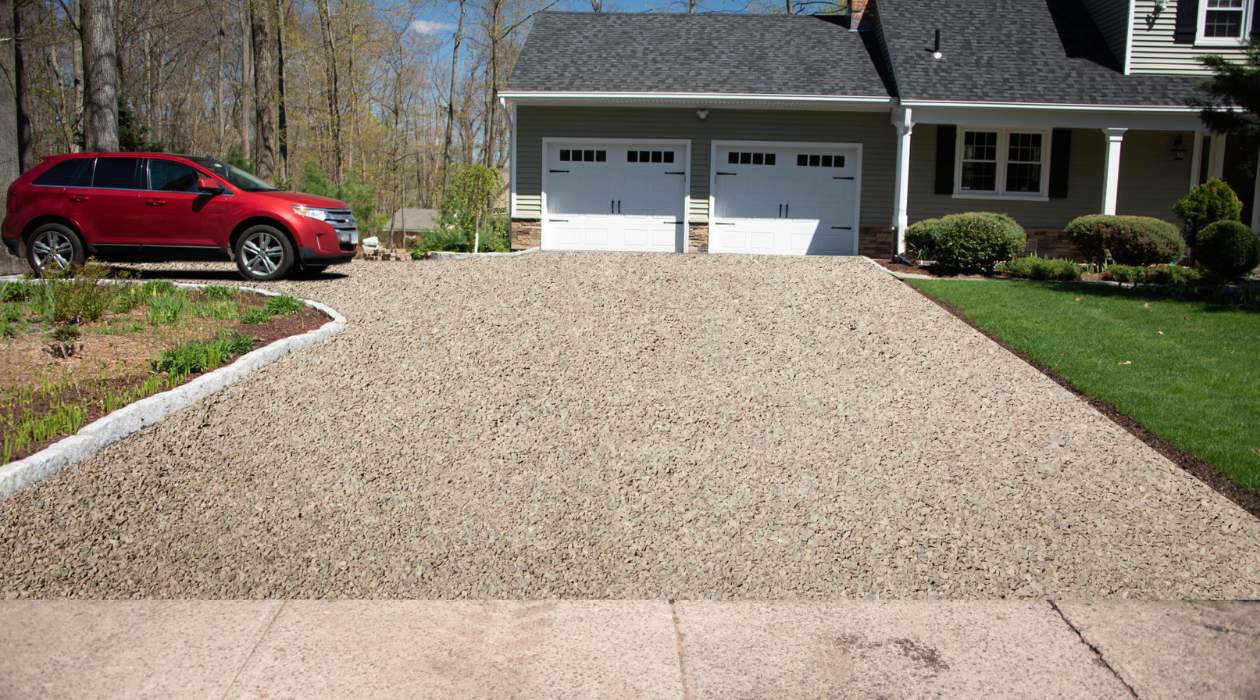
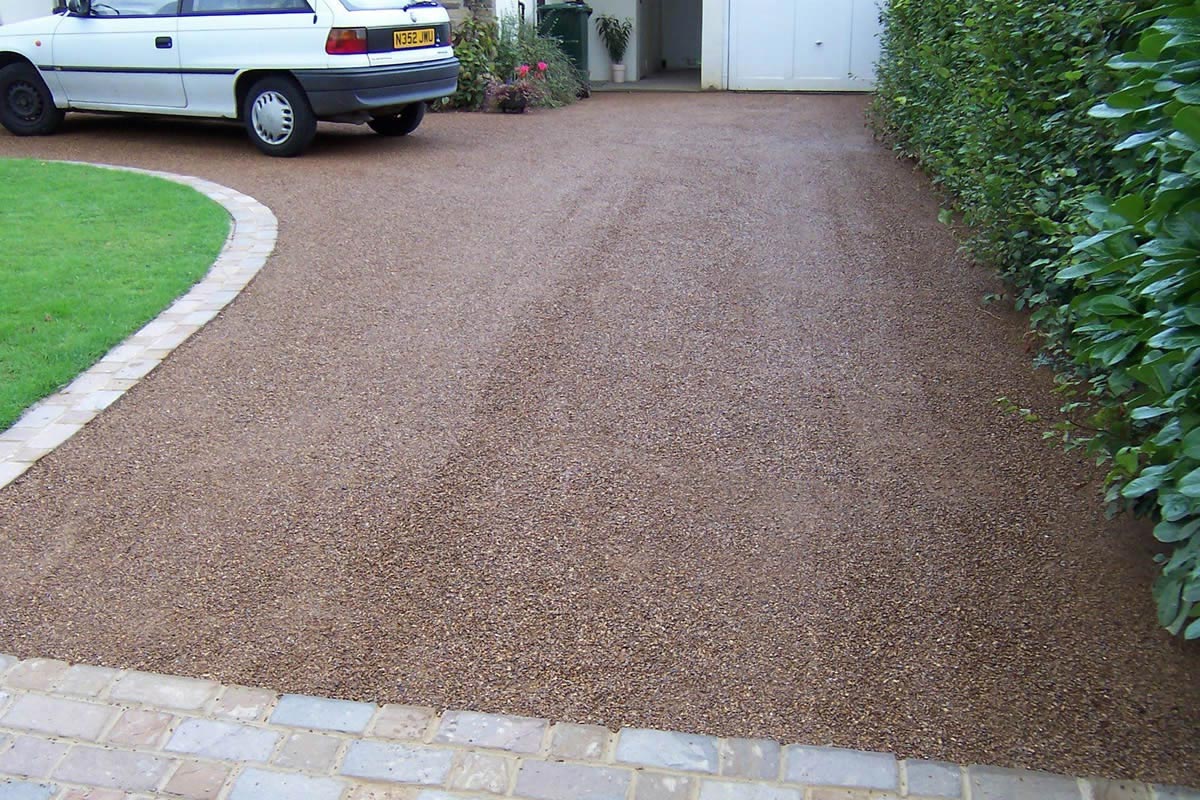
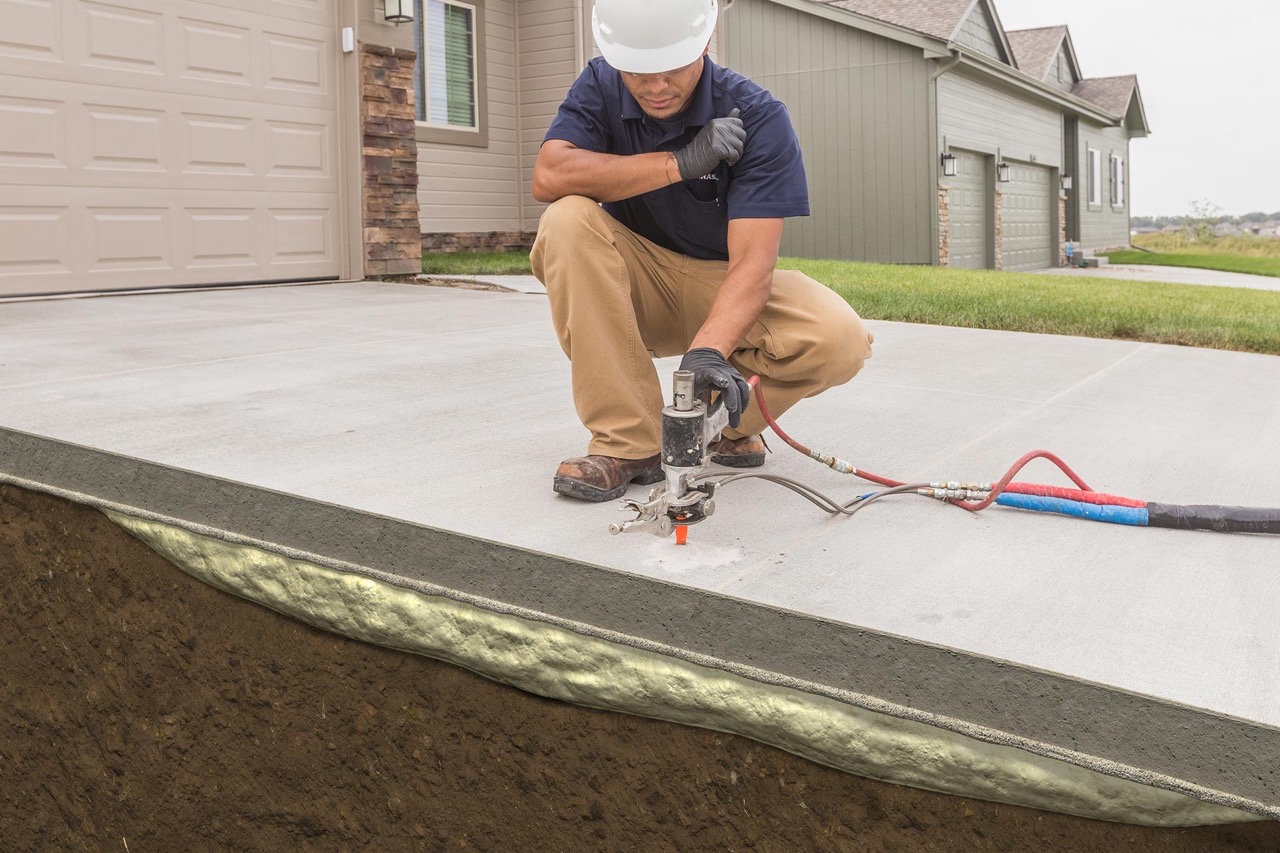
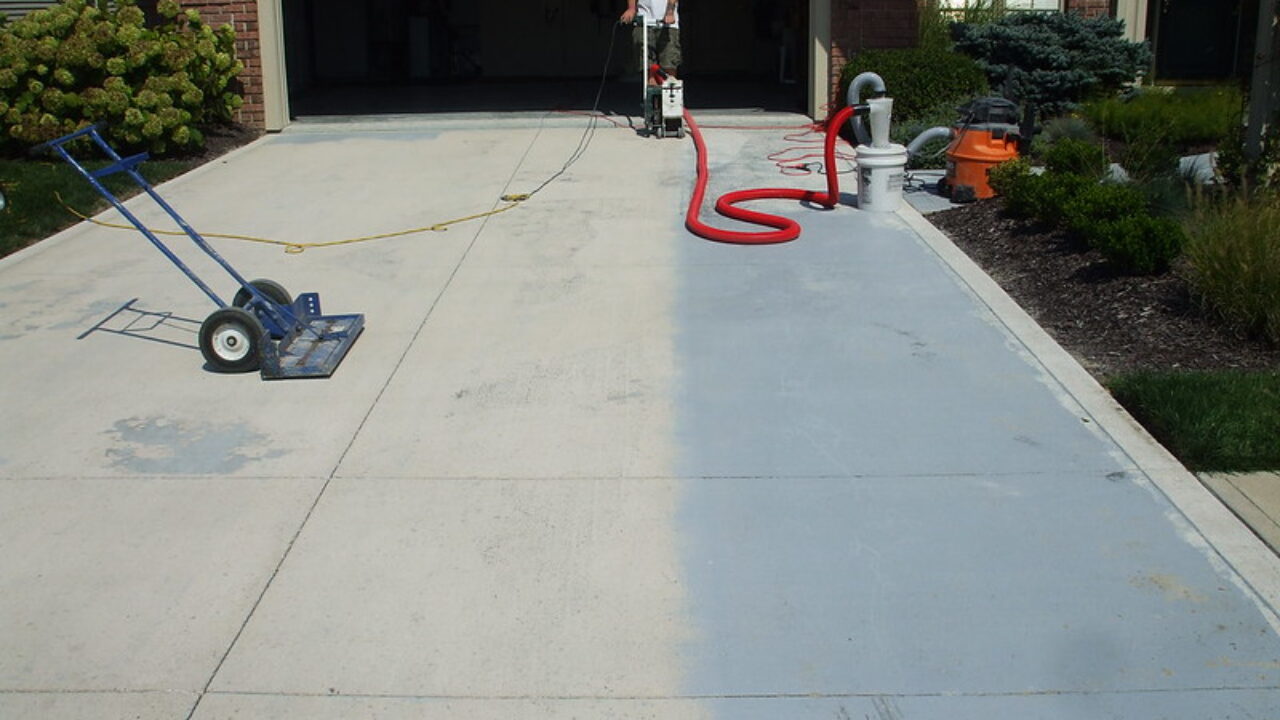
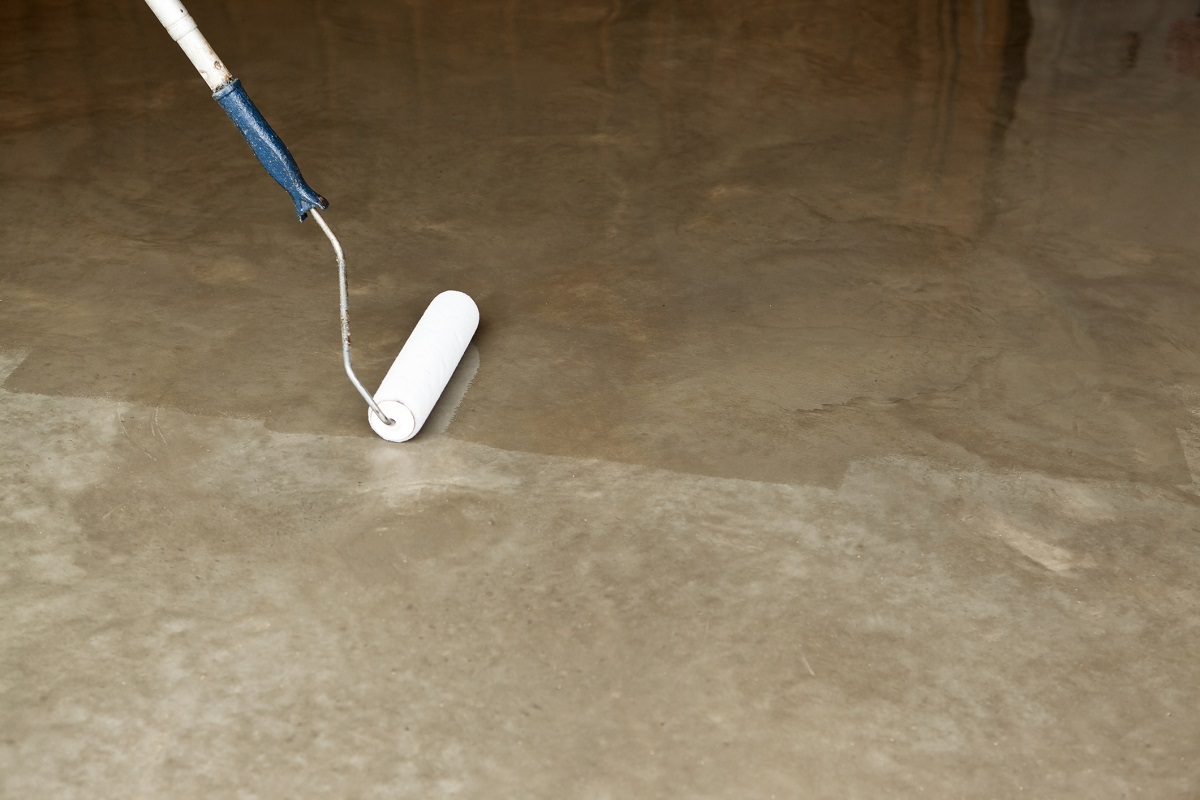
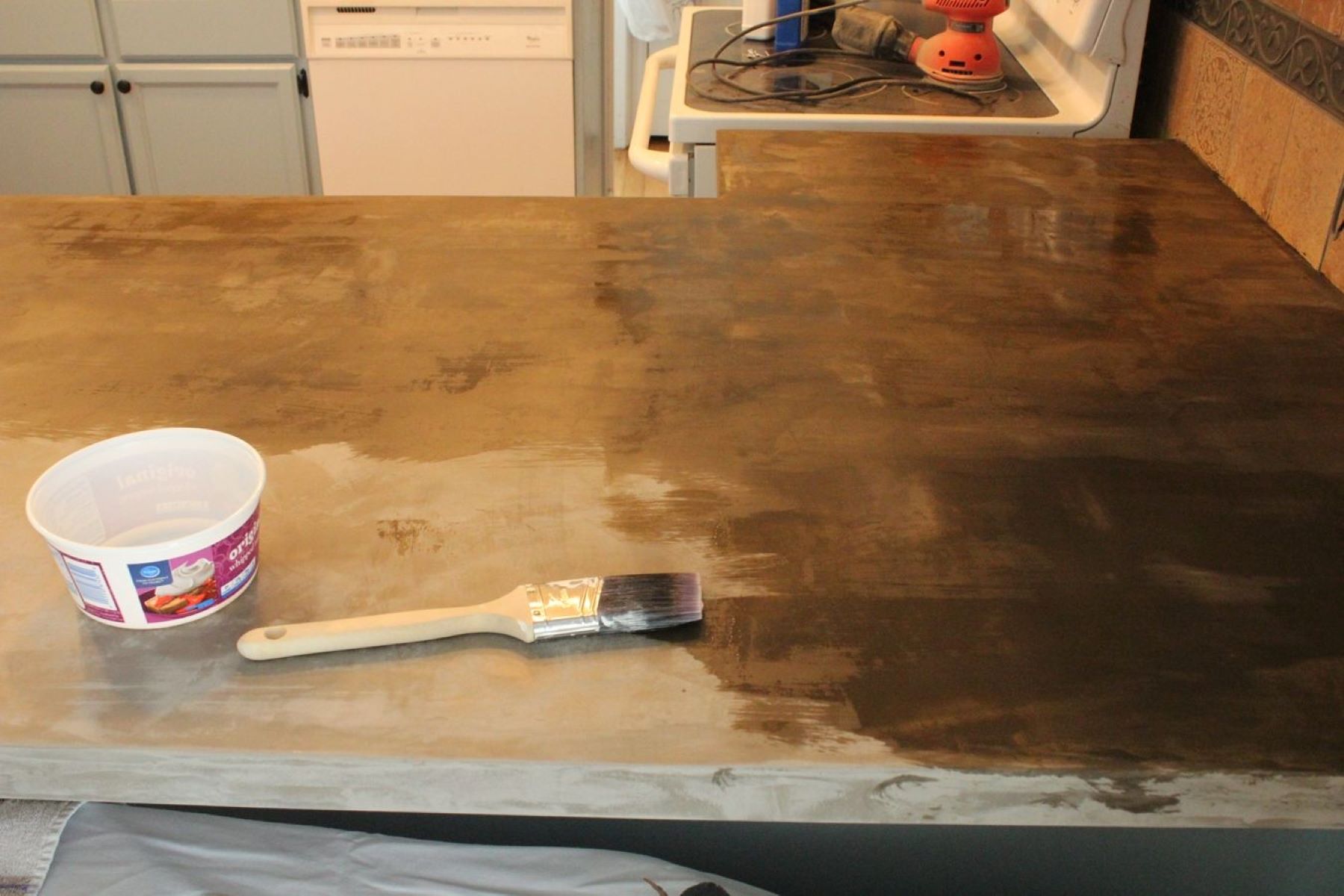
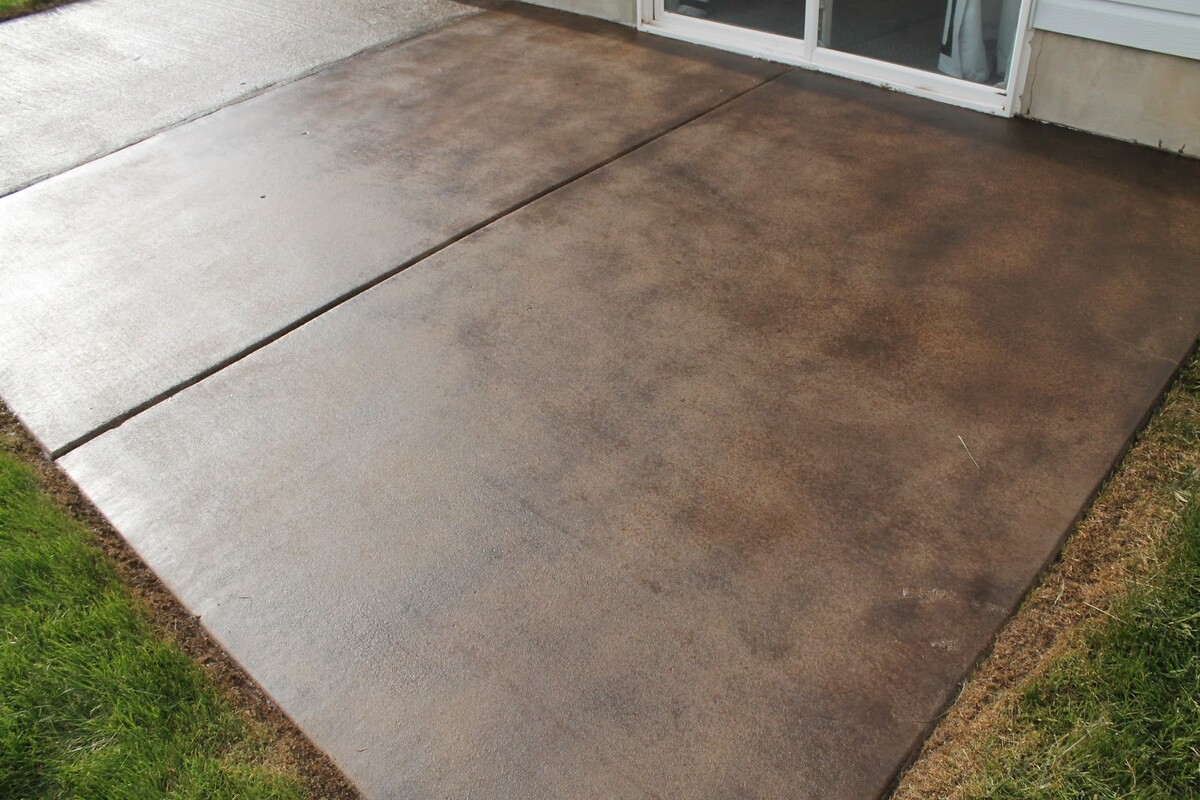
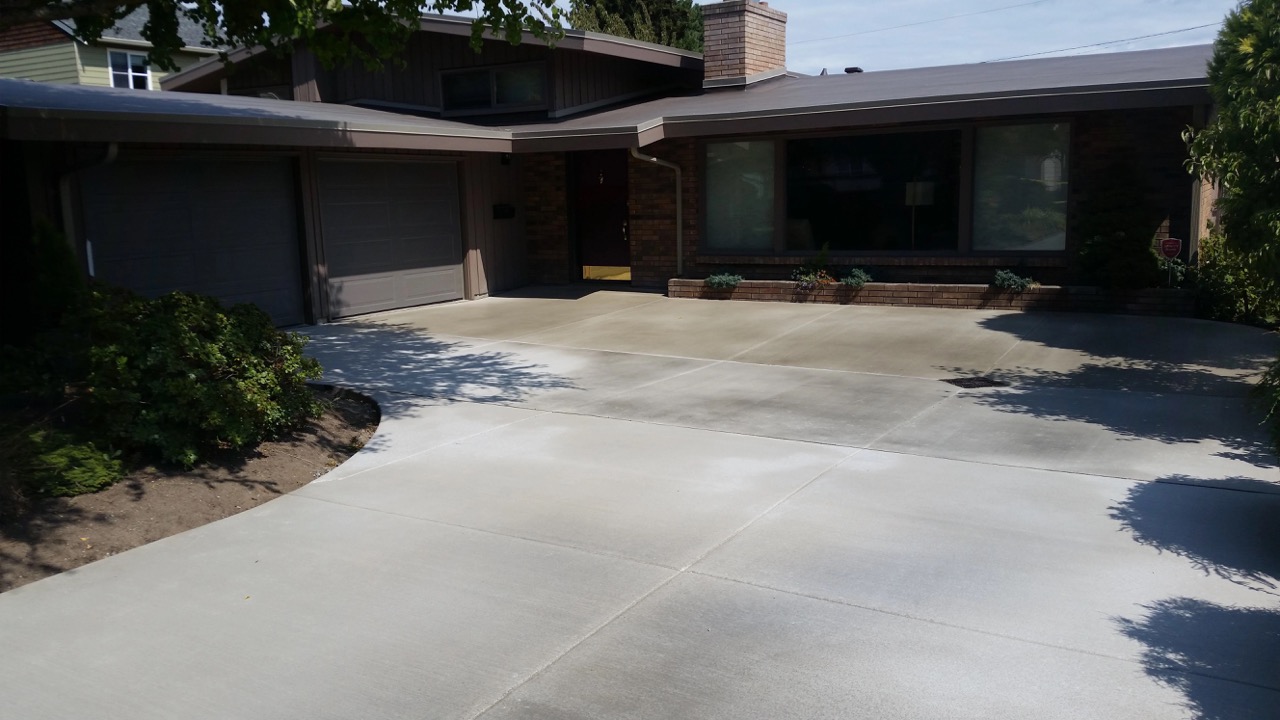
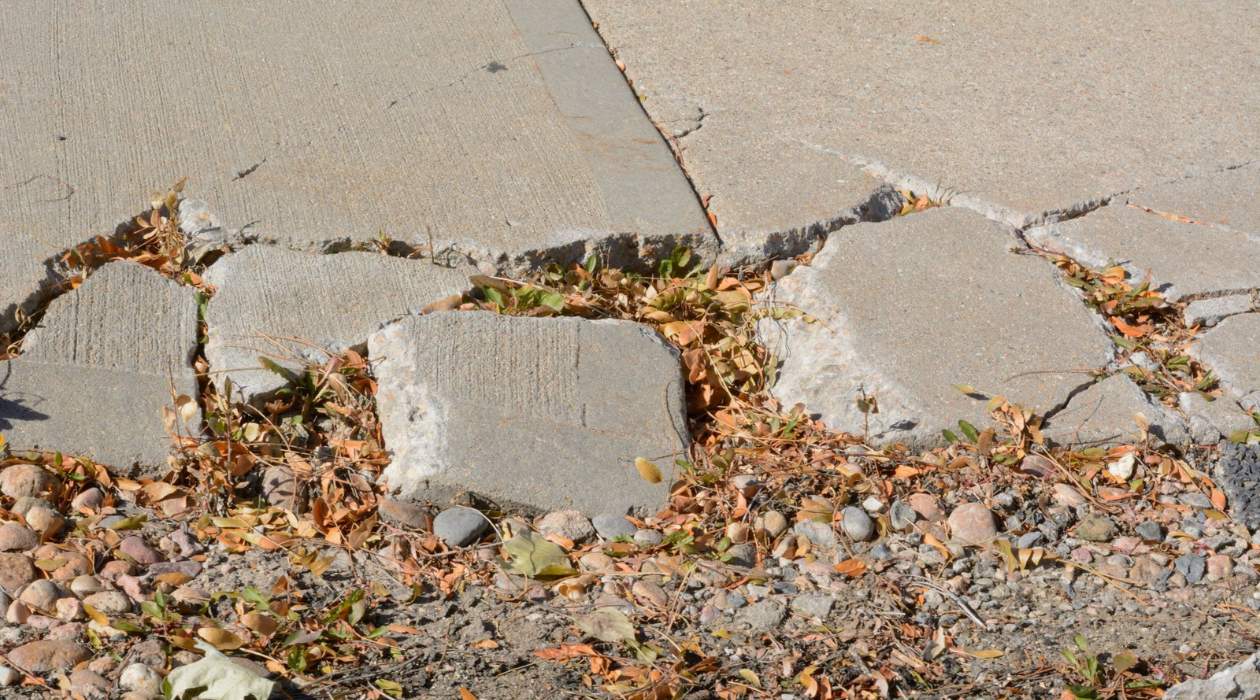
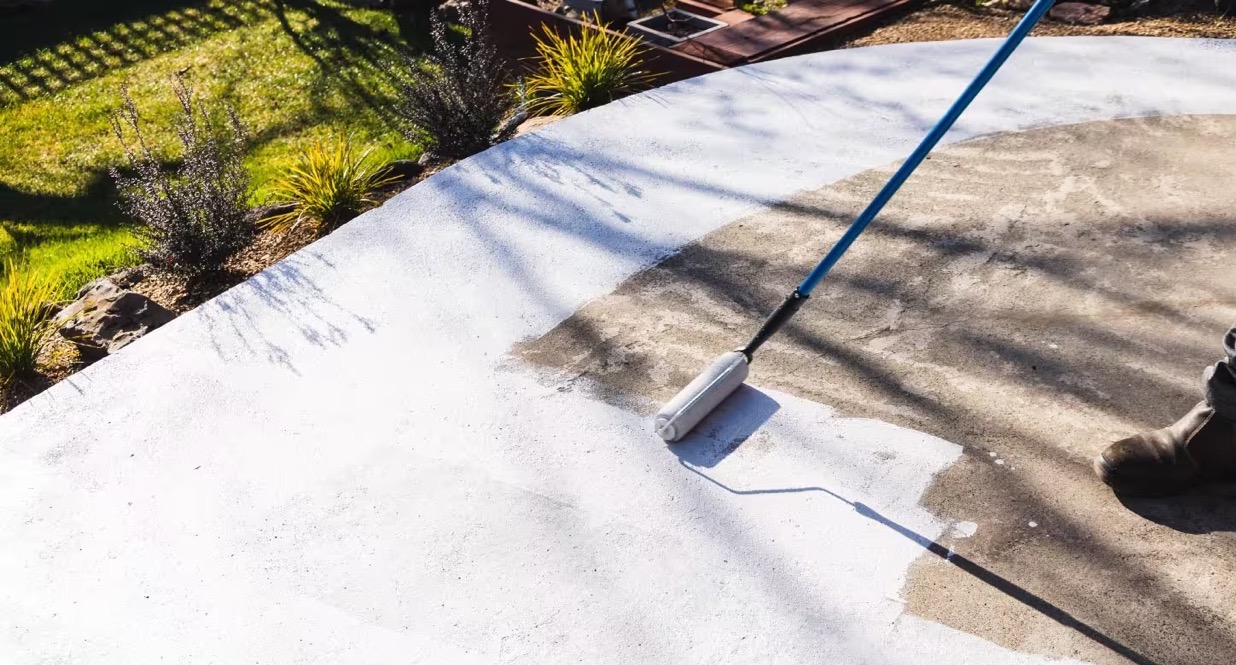
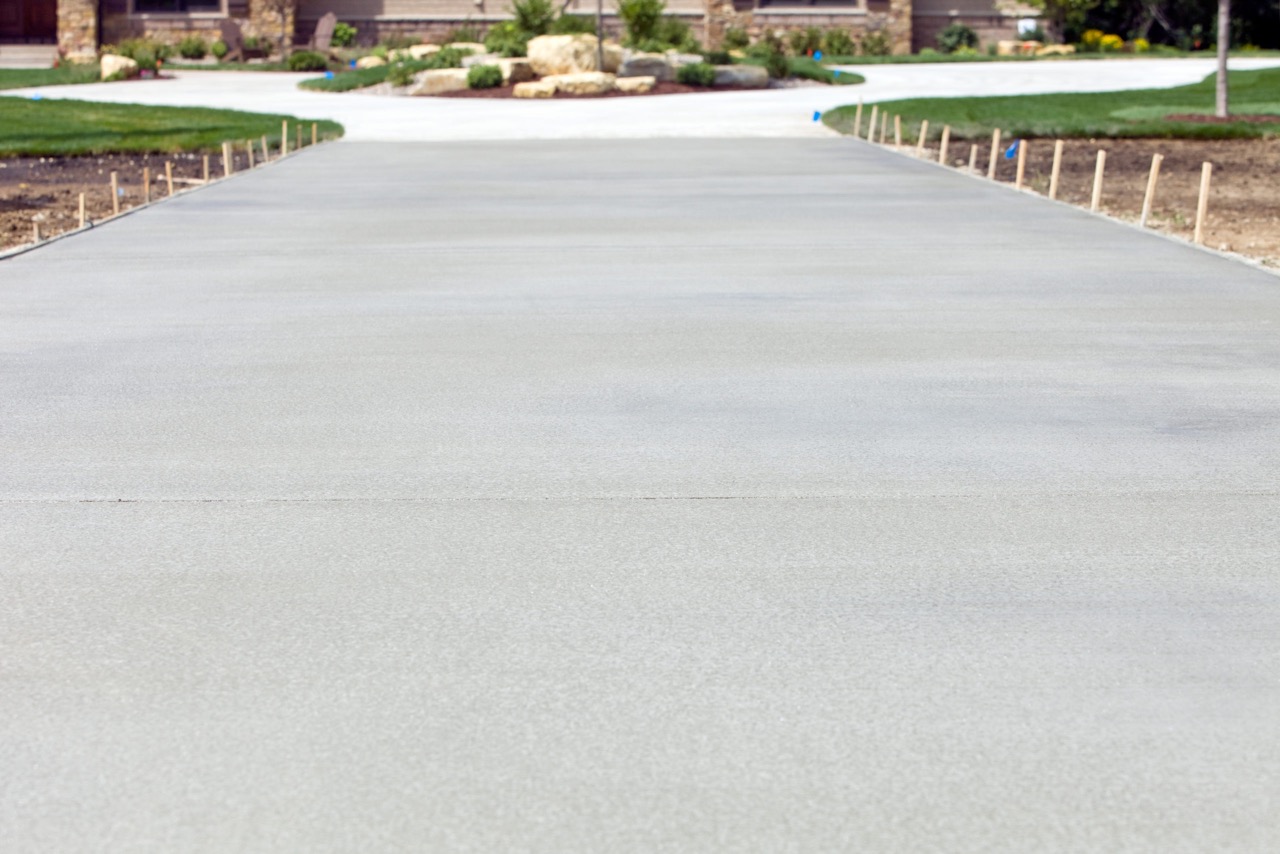

0 thoughts on “How Often To Seal Concrete Driveway”